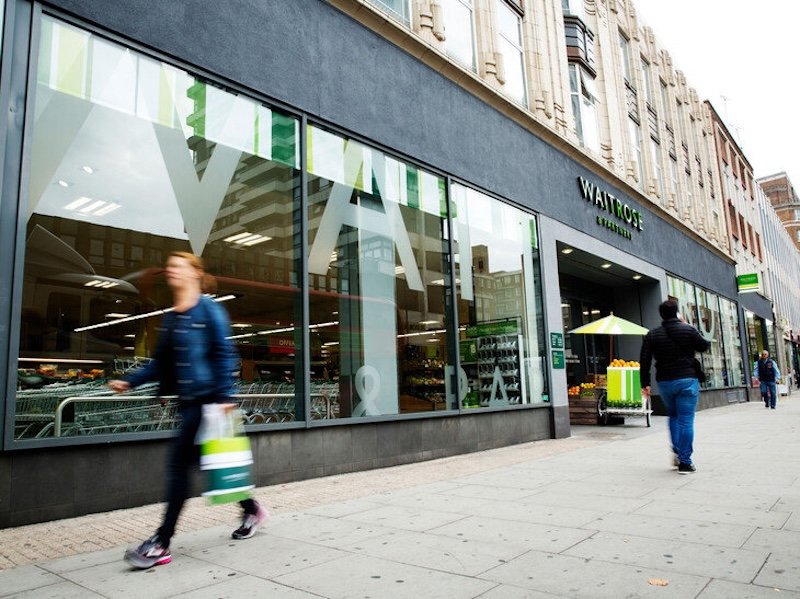Is it safe to buy gift cards with crypto? Here's what retailers need to know
Retailers everywhere are asking the same question: “Is it safe to accept crypto for gift cards?”
As digital assets shift from speculative investments to everyday payment methods, businesses are weighing the opportunities against the risks. From fraud prevention to regulatory compliance, understanding how to let customers buy gift cards with Bitcoin safely is no longer optional - it’s essential.
This article breaks down the key risks, the red flags to avoid, and the best practices retailers can adopt to integrate crypto securely and confidently.
Common Risks When Buying Gift Cards with Crypto
Irreversible Transactions
For retailers, the lack of chargebacks in crypto can be both a strength and a weakness.
While it eliminates costly disputes common with credit cards, it also means that if a fraudulent order slips through, the funds are gone for good. Retailers must be certain that the wallet address receiving payments is accurate and secure.
Regulatory Uncertainty
Because crypto regulations differ by country, retailers expanding internationally face compliance challenges.
Failing to align with local rules around money transmission, taxation, or consumer protection could expose businesses to fines or reputational damage.
Scams and Fraud
Fraudsters often target retailers as much as consumers.
Fake vendor sites or phishing schemes can damage brand trust if customers believe your marketplace is linked to fraudulent actors. Retailers must vet their partners carefully and protect their own digital infrastructure.
Expiration and Hidden Fees
If gift cards come with unexpected fees or strict expiration dates, customers may direct their frustration toward the retailer rather than the marketplace.
Clear communication and transparent terms are essential to preserve trust and repeat business.
How to Avoid Scams and Fake Platforms
Check for Security Signals
When selecting a crypto-gift-card provider, retailers should evaluate the platform’s security infrastructure.
HTTPS encryption, two-factor authentication, and clear refund or replacement policies are non-negotiables. A lack of transparency in these areas could signal a potential liability for your business.
Research Reviews and Reputation
Due diligence goes beyond consumer ratings. Retailers should look for platforms with verified operational history, industry recognition, and long-standing partnerships.
A provider with consistent positive feedback and demonstrated resilience against breaches is more likely to protect your brand reputation.
Be Wary of Pressure Tactics
If a potential partner pushes for quick sign-ups, promises unrealistic returns, or uses urgency to bypass proper vetting, consider it a red flag.
Retailers benefit from measured, well-documented partnerships, not rushed agreements that may expose them to fraud.
Secure Payment Methods and Trusted Wallets
Partner with Established Wallets and Gateways
Retailers should only integrate payment wallets or gateways that have a proven track record of security.
Features such as biometric authentication, hardware storage, and multi-signature approvals not only protect transactions but also reassure customers that payments are being processed safely.
Protect Internal Access
Private keys and recovery phrases must never be shared or stored insecurely within a retail organisation.
Internal protocols, such as role-based access, hardware wallets, and mandatory two-factor authentication, help ensure that even internal threats or errors don’t compromise business funds.
Offer Diverse Crypto Options
Expanding beyond Bitcoin to include Ethereum, stablecoins, and other widely used cryptocurrencies provides customers with flexibility.
For retailers, this diversification also spreads risk across multiple payment channels, minimising dependence on a single coin’s volatility.
How to Identify a Reliable Gift Card Marketplace
For retailers considering partnerships with crypto-gift-card providers, trust and reputation should be essential. A reliable marketplace is one that:
● Has years of operation without major breaches or security lapses;
● Guarantees fast, verifiable delivery of digital codes to customers;
● Provides transparent terms around refunds, spending limits, and fees;
● Demonstrates compliance with evolving financial and data protection regulations.
Reliability isn’t just about getting a working code - it’s about safeguarding transactions, building customer confidence, and ensuring crypto payments remain a safe and convenient option.
Best Practices for Safe and Smart Crypto Spending
Educate Customers
Retailers should communicate openly about risks, security tips, and how customers can verify transactions. Transparency builds confidence and loyalty.
Monitor Transactions for Fraud
Automated monitoring can flag unusual purchasing patterns, such as bulk high value gift card buys, which are often linked to fraud attempts.
Implement Limits and Policies
Setting daily or transaction limits reduces exposure to large scale fraud and ensures compliance with anti-money-laundering regulations.
Keep Records
Retailers should document transaction details, including crypto value at the time of purchase. This helps with customer support, tax obligations, and regulatory reporting.
Final Thoughts
For retailers, allowing customers to buy gift cards with Bitcoin represents more than just a trendy payment option—it’s a chance to reach a growing base of digital-first shoppers who value flexibility, speed, and privacy.
But safety has to come first. By focusing on trusted platforms, strong payment policies, and proactive customer education, retailers can turn potential risks into opportunities.
By applying clear safeguards, businesses can confidently embrace crypto as part of their gift card strategy. Done right, this approach not only protects their operations but also positions their brand as forward-thinking, innovative, and ready to meet customers where they already are.































Continue reading…